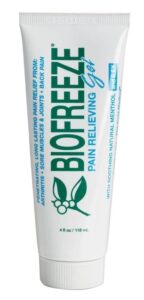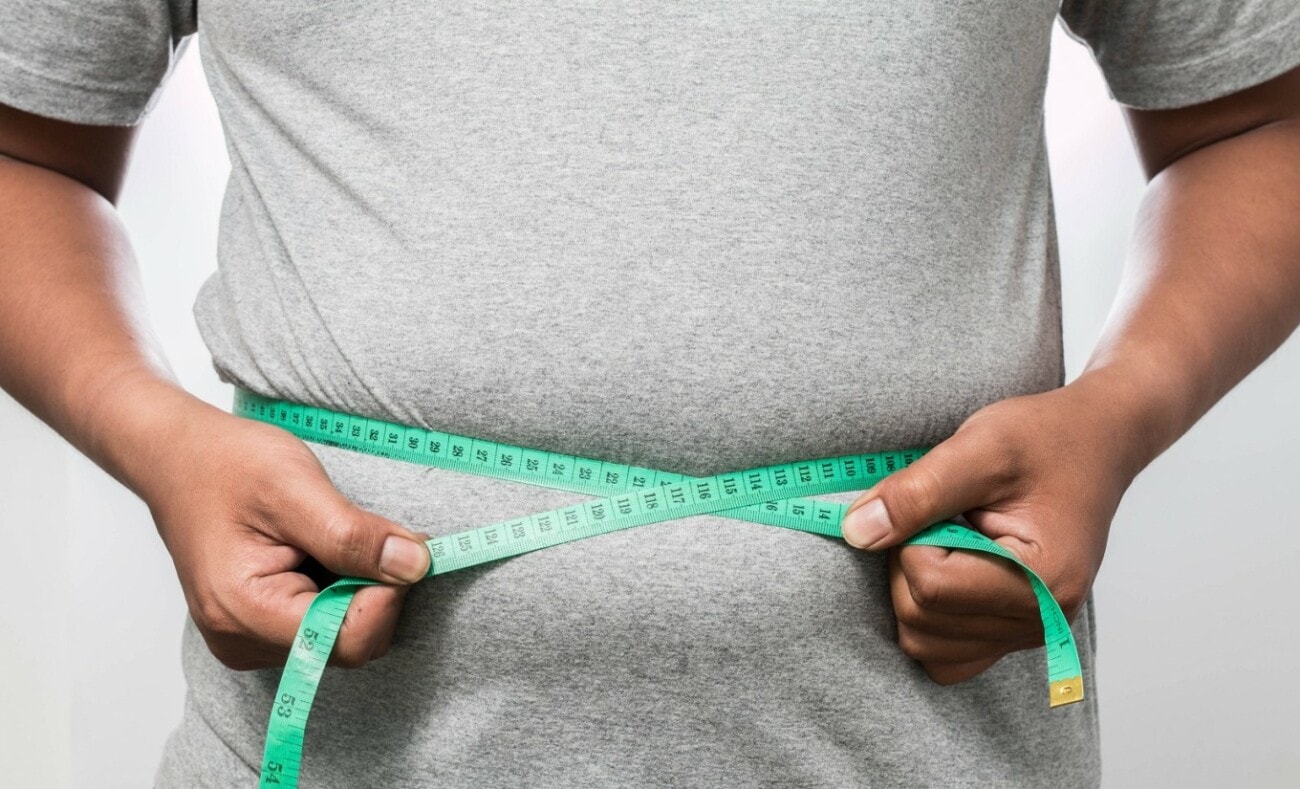Algumas dicas para prevenir e eliminar dores decorrentes do treino de ginásio
Algumas dicas para te ajudar não só a prevenir lesões mas também a eliminar dores chatas, e o que deves fazer em caso de lesão.
Atenção, são apenas pequenas sugestões, e se já estiveres lesionado, deves consultar um médico, e não ler um artigo na internet.
O objetivo aqui é acima de tudo a prevenção.
Prevent Pain
Não vás direto à barra de peso morto fazer o teu peso máximo quando chegas ao ginásio, aquece primeiro.
Faz um bom aquecimento, principalmente no músculo que fores trabalhar nesse mesmo treino.
Some examples that you can use for warming up.
- 5/10 minutes of cardio before starting your workout.
- Alguns exercícios sem peso.
- Alguns exercícios de aquecimento com pouco peso, por exemplo, com um par de halteres leves faz 2 ou 3 exercícios diferentes.
- 1 ou 2 séries do primeiro exercício do treino com um peso leve e 15 repetições.
Escolhe pelo menos uma destas estratégias.
Executa os exercícios com a técnica correta.
Vê ao espelho enquanto fazes o exercício, mas não te distraias demasiado com isso.
Pede a alguém para confirmar que estás a fazer o exercício com a postura certa.
Se mesmo com aquecimento e forma correta te lesionas regularmente, algo está errado.
- Estás a seguir uma boa alimentação?
- Estás a descansar o suficiente?
- O teu plano de treino, como é?
Podes ainda experimentar um suplemento de Glucosamina e Omega 3, ambos bons suplementos para prevenir lesões e dores articulares.
Eliminate Pain
Pain in the shoulder?
Back pain?
Anyway, muscle pain?
Procura na farmácia um produto chamado BioFreeze.
Um verdadeiro salva-vidas para aquela dor chata nos ombros.
De aplicação tópica, o BioFreeze vai congelar a zona em questão, eliminando a dor.
Try it.
But be careful, if the pain exists, it must be treated.
Este produto serve apenas para aliviar uma dor chata de vez em quando, não para treinares quando estás lesionado.
Treating Pain
Pára os treinos.
Para tratar uma dor ligeira utiliza um produto com Diclofenac, o comum Voltaren, de aplicação tópica.
É um anti-inflamatório, não sujeito a receita médica, que irá atuar contra a lesão que possas ter contraído.
Se for uma dor moderada ou intensa, como é óbvio, consulta um médico.
O objetivo será sempre prevenir e não tratar.
Finally, if there is pain, find out the origin.
Normalmente é devido à má execução de exercícios ou sobrecarga excessiva, revê o teu treino e percebe onde estás a falhar.
We also advise you to take a look in this article, que aborda de forma muito mais aprofundada o tema das lesões a nível dos tendões.



